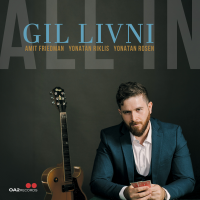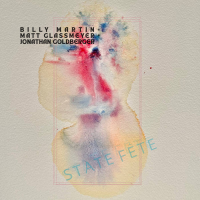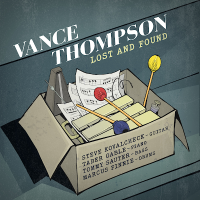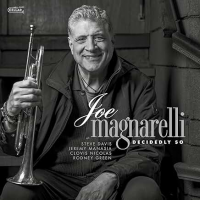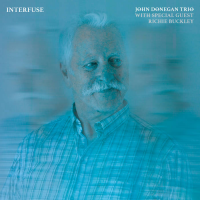Home » Jazz Articles » Album Review » Misha Feigin: Both Kinds of Music
Misha Feigin: Both Kinds of Music
All seven of these duos pair Feigin's instruments with other strings: dobro (Elliot Sharp), electric guitar (Davey Williams), cello (Craig Hultgren), violin (LaDonna Smith, who also dances on a wooden box on "Balalaikofrenia"), and guitar and banjo (the one and only Eugene Chadbourne). Feigin and co. achieve a remarkable similarity of texture throughout the disc's shifts in instrumentation. This music avoids easy rhythms and common tonalities, as well as, ultimately, facile categorization. Feigin is a masterful and evocative player who displays a determined modernism and generally avoids the folk clichés that one might expect from a balalaika player: there's no Russian wedding reception music being played here.
Through it all, Feigin creates a hypnotic music built of small gestures. An excellent outing.
Personnel
Album information
Title: Both Kinds Of Music | Year Released: 1999 | Record Label: Tzadik
Tags
PREVIOUS / NEXT
Support All About Jazz
 All About Jazz has been a pillar of jazz since 1995, championing it as an art form and, more importantly, supporting the musicians who make it. Our enduring commitment has made "AAJ" one of the most culturally important websites of its kind, read by hundreds of thousands of fans, musicians and industry figures every month.
All About Jazz has been a pillar of jazz since 1995, championing it as an art form and, more importantly, supporting the musicians who make it. Our enduring commitment has made "AAJ" one of the most culturally important websites of its kind, read by hundreds of thousands of fans, musicians and industry figures every month.










